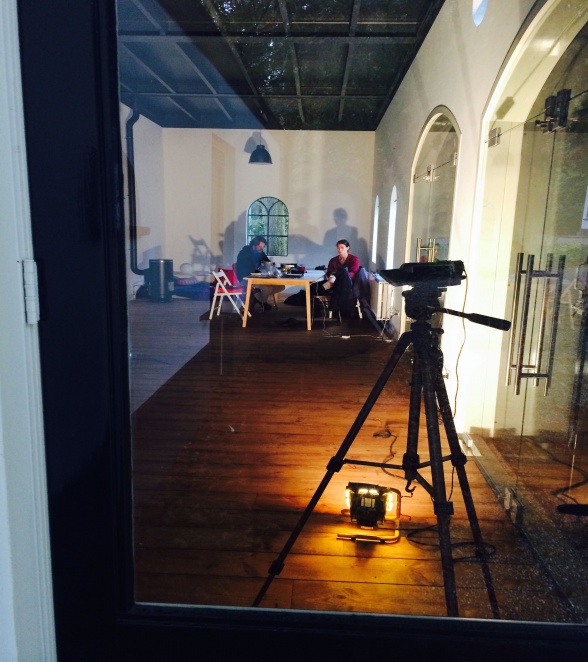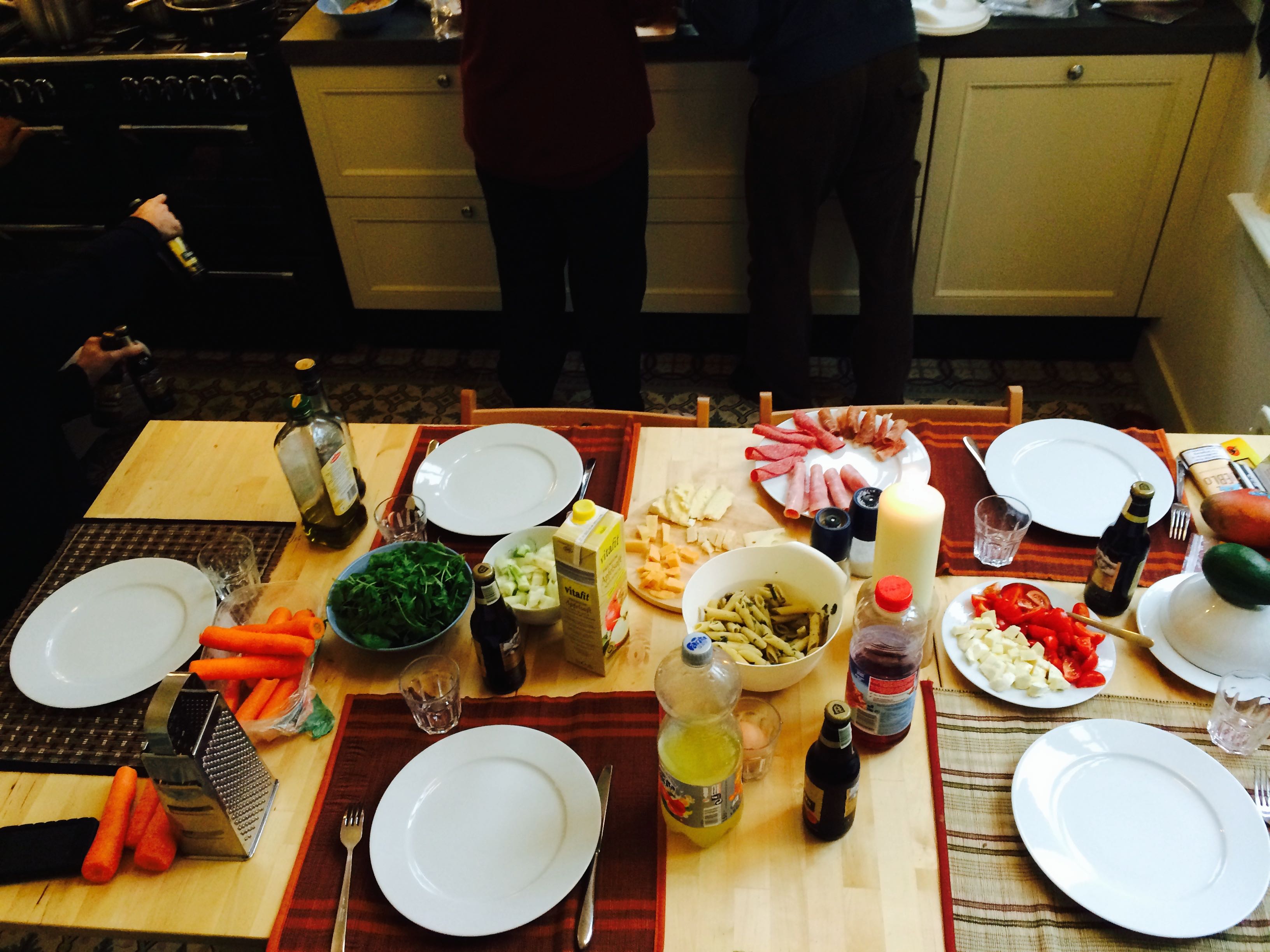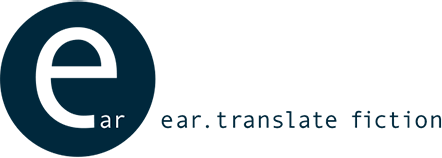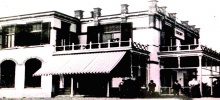
NEW LEARNING AT EKEBY. DEVELOP YOUR OWN METHODS
The special approach of the work at Ekeby is the differentiated description and analysis of multifaceted work and communication processes. Based on the findings of research from the fields of cultural and artistic theory, we ask how rigid interaction practices and conflicts can be transferred into new working structures. How can individual actors and groups work together? What possibilities are there to describe group processes? And how can conflicts be solved? How can change be anticipated? The findings and methodical approaches of Rehearsal Studies will be applied, as well as examinations of practices of artistic working processes.
Topic areas of the work include:
- Analysis and individual development of the description of processes
- Localization and determination of conflict potential in groups
- Analysis of communication and interaction practices
- Development of solution approaches
The course program is developed and put together for each individual group and its participants.
REHEARSAL STUDIES. BATTLEFIELDS OF CREATIVITY
How do various practitioners operate within artistic processes: actors, directors, dancers, engineers, artistic directors, curators, producers? What techniques exist for the description of creative processes? How do independent artists work and survive in a context far removed from the subsidy-rich context of ‘high culture’? Which specific production practices do they employ?
What are the key characteristics of the global cultural industry in the age of the creative economy and event culture? Drawing on research findings from the fields of Performance, Media and Cultural Studies, Ethnology and Translational Studies, our work is an attempt to establish strategies and methods in the emerging discipline of Rehearsals Studies. Within this research perspective, rehearsal processes are examined as highly complex and multi-layered cultural phenomena. As such, rehearsal processes represent sites of cultural and social practice, established for the purpose of bringing a ‘work’ to the stage in the form of a performance. It follows from this that rehearsal processes are sites of:
1. Practices of Organizing
2. Things ad Practices of Using the Things (stage set, props, lighting, costumes etc.);
3. Practices of Artistic Production (acting methods and techniques, physical training, mnemonic techniques, culturality of emotion etc.);

KNOWLEDGE WITHOUT LIMITS. PRACTICES OF RESEARCH
Our work at Ekeby is an attempt to bridge the divide between theory and practice while also developing new techniques for research practice. Ekeby was established not only to provide a space for genuinely independent research, free of the constraints of established institutions, but also to promote and facilitate intercultural exchange among researchers, students and interested observers and practitioners from around the world.
How can we live and work together? What new forms of cooperation and transdisciplinary collaboration are possible? How can we approach their development? How can we initiate social change? In summer camps, workshops and symposia. Between the urban metropolis and life in the countryside.



